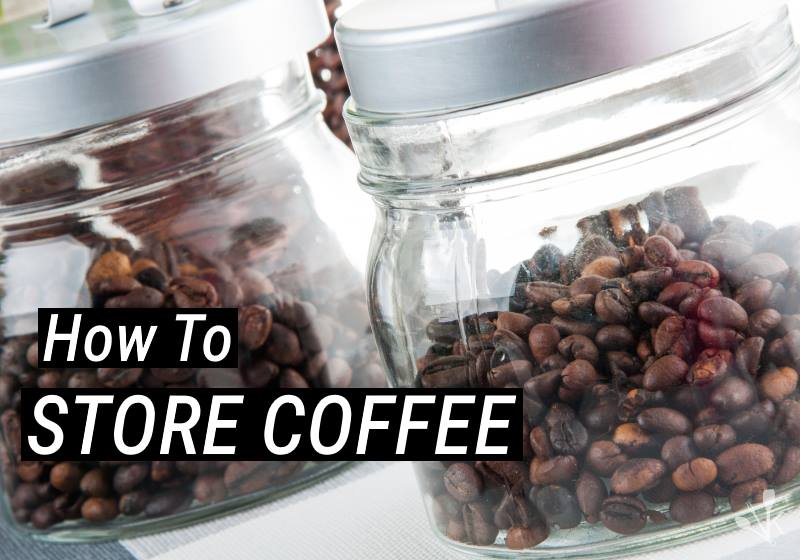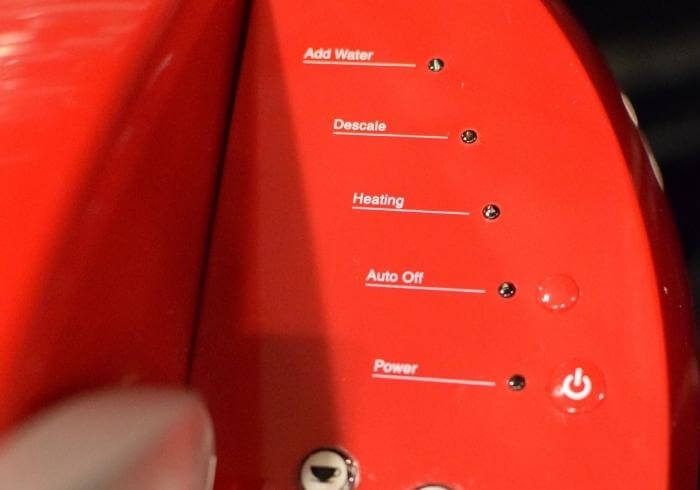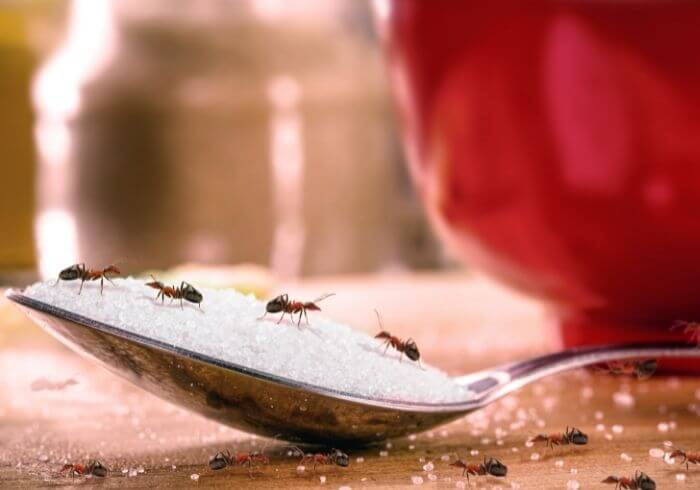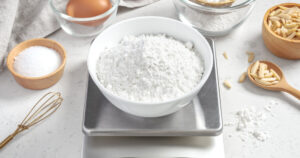Coffee is the fuel that gets a lot of people moving. Whether you buy ground grocery store coffee or purchase artisan roasted beans, once you open the container this product will start to age.
To keep your coffee fresh at home,

- Don’t use the freezer as your primary storage spot.
- Keep the beans or ground coffee in a cool, dry cupboard.
- Avoid exposing the beans to constant light, such as in a jar on the countertop.
To make sure you get the best coffee flavor and aroma from each cup, it’s critical to be aware of where coffee flavor comes from and how it can best be preserved to the last bean.
Fresh coffee beans are actually berries, which explains why roasting has such an impact on them. When coffee berries are roasted, the sugars inside the berry caramelize.
Some of the oils inside the berry are weakened while others grow stronger. The roasting process is what brings out the aroma we know as coffee. Any storage method that impacts the oil in the bean will have an impact on the flavor, so stability it key.
SEE ALSO: Does Coffee Go Bad?
Storing Coffee Beans
Long Term Bean Storage
There are many experts who strongly disagree with freezing coffee beans. However, experts with the Starbucks Green Coffee Quality Group suggest that for long-term storage, freezing the beans is acceptable as long as you leave them frozen.
When handling beans, the real threats to coffee flavor are:
- Light
- Moisture
- Air
- Heat
Your beans contain oil. Some dark roasted beans may be coated in exuded oil, brought out by the roasting process. This oil is loaded with flavor and aroma. Should this oil be tainted by oxidation caused by over exposure to light, moisture and air, the flavor will change.
Rather than removing the package of frozen beans to grind your coffee daily, keep beans airtight in the freezer for long-term storage.
When you’re ready to thaw them, leave them in the refrigerator to prevent moisture build-up as the beans warm. Then transfer them to an opaque, airtight container and store this at room temperature in the cupboard.
Keeping your beans protected doesn’t have to mean buying a new container. A jar with a rubber seal on the lid can serve as an airtight container.
If you keep them in a dark cupboard, light will not be a problem.
Keeping the beans in the bag can also serve as an opaque container. Simply seal the bag with a twist tie or rubber band, then place this bag inside a jar with a tight seal.
Frozen beans don’t have an endless shelf life, however. Try to use them up within a month or two. Consider buying smaller batches to avoid having to freeze it if at all possible.
Storing coffee beans in the freezer should be a decision of last resort. You’ll get a more consistent coffee if you never freeze the beans.
Timing Is Key
Freshly roasted beans will be good to use for about two weeks. After this point, the beans will go dry no matter how carefully you store them, and the oil in the beans will get old.
For really fresh coffee taste, be prepared to buy smaller batches more frequently.
How To Store Ground Coffee
If you prefer to buy ground coffee, consider investing in an airtight storage container with a vacuum sealing tool.
Such a canister can be stored in a dark, cool cupboard for daily use and re-sealed once you’ve put fresh grounds into your coffee making tool.
Air Exposure Is Your Enemy
While protecting your ground coffee from outside air, be sure to allow CO2 out. Many coffee producers off a bag with a one-way valve that keeps oxygen out but allows CO2 to escape. This CO2 is a natural outgassing after roasting.

It’s not dangerous, but if the coffee isn’t allowed to outgas, the flavor will be impacted.
There are some experts that allow for the freezing of both beans and ground coffee, but be aware this is a long term choice, not a daily storage option.
Any form of coffee stored in the freezer should be kept airtight and only removed and opened when you’re ready to thaw it and consume from that batch.
Should coffee be refrigerated? No. Neither beans or ground coffee should be stored in the refrigerator because of moisture build-up inside the coffee container.
In addition, experts with Specialty Coffee Advisor point out that your refrigerator isn’t really cold enough to protect the coffee structure.
Remember, coffee gets flavor and aroma from the oil inside the coffee berry. If this oil is exposed to the moist air inside your refrigerator, the coffee may actually act as a magnet for refrigerator odors.
Thus, you could be trying to make a fresh cup of coffee and wind up with a fresh cup of something that tastes like leftover pizza, or whatever is stashed in your refrigerator.
Can You Freeze Coffee?
If you must store coffee in the freezer,
- seal it in an airtight container
- leave it frozen until you’re ready to thaw the entire batch in the bag
- ground coffee in the freezer will need to be vacuum sealed to avoid flavor contamination
- once the coffee thaws, use it up in two weeks or less
You can freeze both ground coffee and whole beans, as long as you keep the coffee in an airtight container and don’t use the freezer as your only storage place.
This can’t be overstated. Imagine your bag of coffee beans in the freezer. When you pull it out, a little moisture will form on the beans while you take out what you need.
When you put the beans back in the freezer, any oil in the partially thawed beans will pick up flavors from inside the freezer.
In addition, any moisture that formed on the beans will freeze, adding water to your beautiful roasted coffee beans. This is not a recipe for success!
Final Thoughts
For many coffee drinkers, that first cup is simply a tool to get them up and moving.
However, many more coffee drinkers truly appreciate the lush flavor and aroma of a fine cup of coffee.
With careful storage, fresh beans should yield an amazing cup of coffee for you to enjoy any time of the day.











